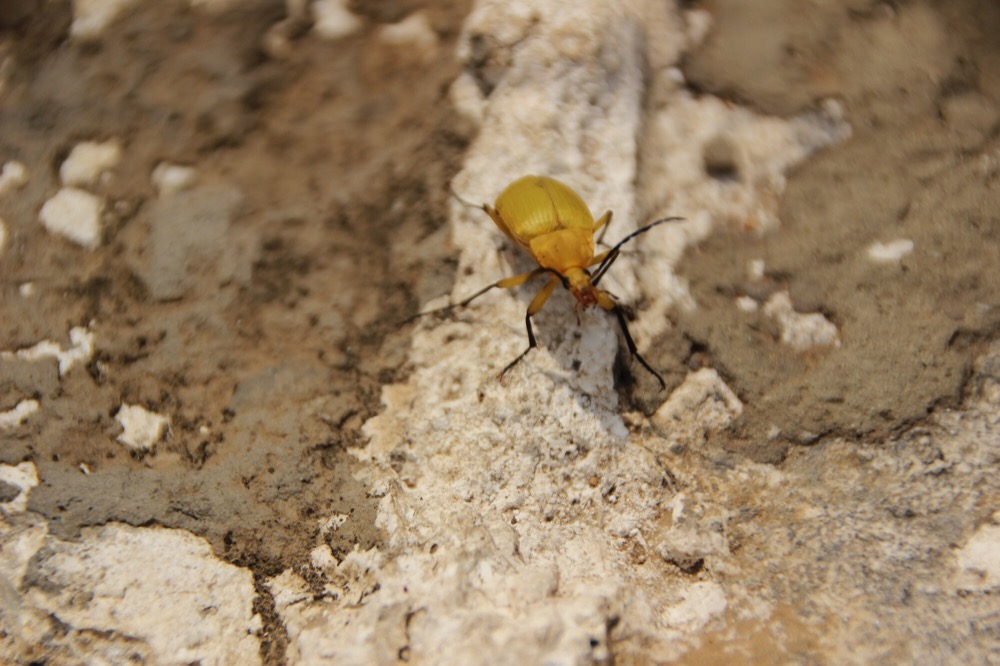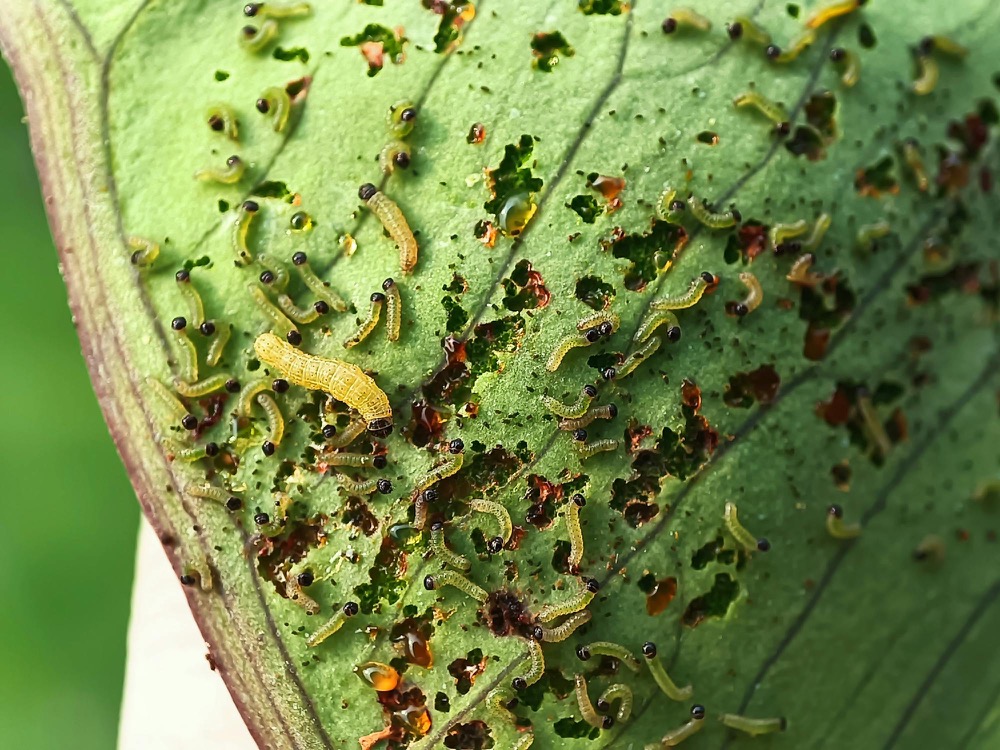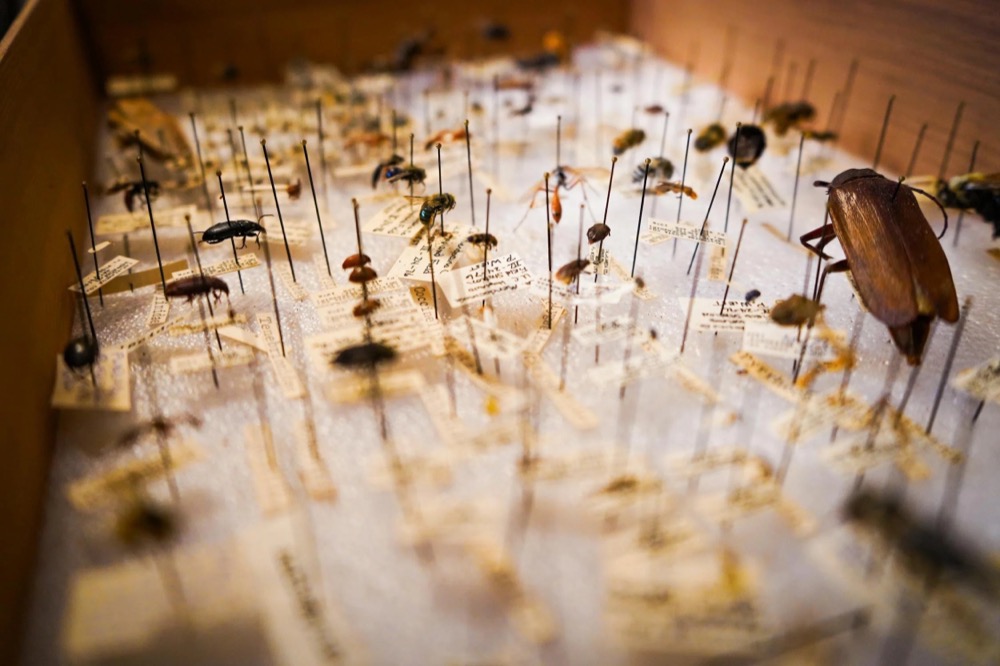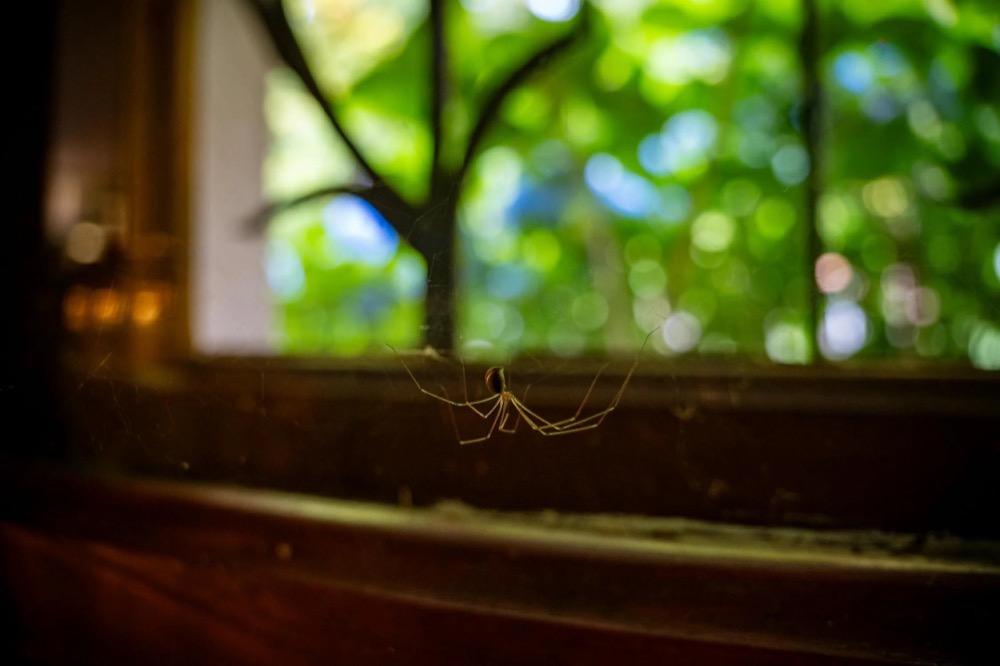How to Protect Your Home from Rodent Infestations During Winter
 Image Credit: Freepik
Image Credit: Freepik
As winter approaches, rodents seek warm shelter and food sources, often leading them into homes. Protecting your house from these unwanted guests is crucial for maintaining a clean, safe living environment. Implementing practical strategies can help keep rodents out during the colder months and ensure your home remains pest-free.
Understanding Winter Rodent Behavior
Rodents, particularly mice and rats, become more active in seeking indoor shelter as temperatures drop. They are attracted to warmth from heating systems, easy access to food and water, dark, quiet spaces for nesting, and cluttered areas that provide cover. This behavior makes homes particularly vulnerable during the colder months.
Signs of Rodent Infestation
Be alert for these common indicators of rodent presence:
- Droppings near food packages, in drawers, or under sinks
- Gnaw marks on food packaging or wooden structures
- Nesting materials like shredded paper or fabric
- Unusual noises in walls or ceilings, especially at night
- Musky odors from hidden areas
Preventive Measures
1. Seal Entry Points
Inspect your home's exterior and seal any gaps or cracks larger than a quarter-inch. Pay special attention to foundation cracks, gaps around windows and doors, openings for utility lines, and roof vents and chimneys. This crucial step can significantly reduce the likelihood of rodentsd of rodents entering your home.
2. Maintain Your Yard
Keep your outdoor area unattractive to rodents by trimming vegetation away from your home's exterior, storing firewood at least 20 feet from the house, keeping garbage in sealed containers, and removing fallen fruit and nuts promptly. A well-maintained yard acts as a first line of defense against rodent intrusions.
3. Proper Food Storage
- Store dry goods in airtight containers
- Clean up spills and crumbs immediately
- Don't leave pet food out overnight
- Keep bird feeders away from the house
Natural Deterrents
Some natural methods may help discourage rodents. These include using peppermint oil-soaked cotton balls placed in problem areas, ultrasonic repellent devices (though effectiveness varies), and stuffing steel wool into small openings. While these methods can supplement other prevention strategies, they shouldn't be relied upon as the sole means of rodent control.
When to Call Professional Help
If you notice persistent signs of rodent activity despite preventive measures, it's time to contact a professional pest control service. Experts can conduct a thorough inspection, identify and seal all entry points, implement safe and effective removal strategies, and provide ongoing prevention plans.
Health Risks of Rodent Infestations
Rodents can pose serious health risks, including the spread of diseases through droppings and urine, contamination of food sources, allergic reactions to their presence, and potential fire hazards from chewed electrical wires. Understanding these risks underscores the importance of effective rodent prevention and control.
Year-Round Vigilance
While winter is a prime time for rodent invasions, maintaining preventive measures throughout the year is key to long-term protection. Regular inspections and prompt addressing of potential entry points can save you from larger problems down the line. By staying vigilant and proactive, you can significantly reduce the risk of rodent infestations in your home.
Protecting your home from rodents during winter requires a combination of preventive measures and vigilance. If you're facing a rodent problem or want to ensure your home is properly protected, contact CoverAll Pest Control at 713-589-2262. Our team can provide customized solutions to keep your home rodent-free all year round.
‹ Back







.jpg)



